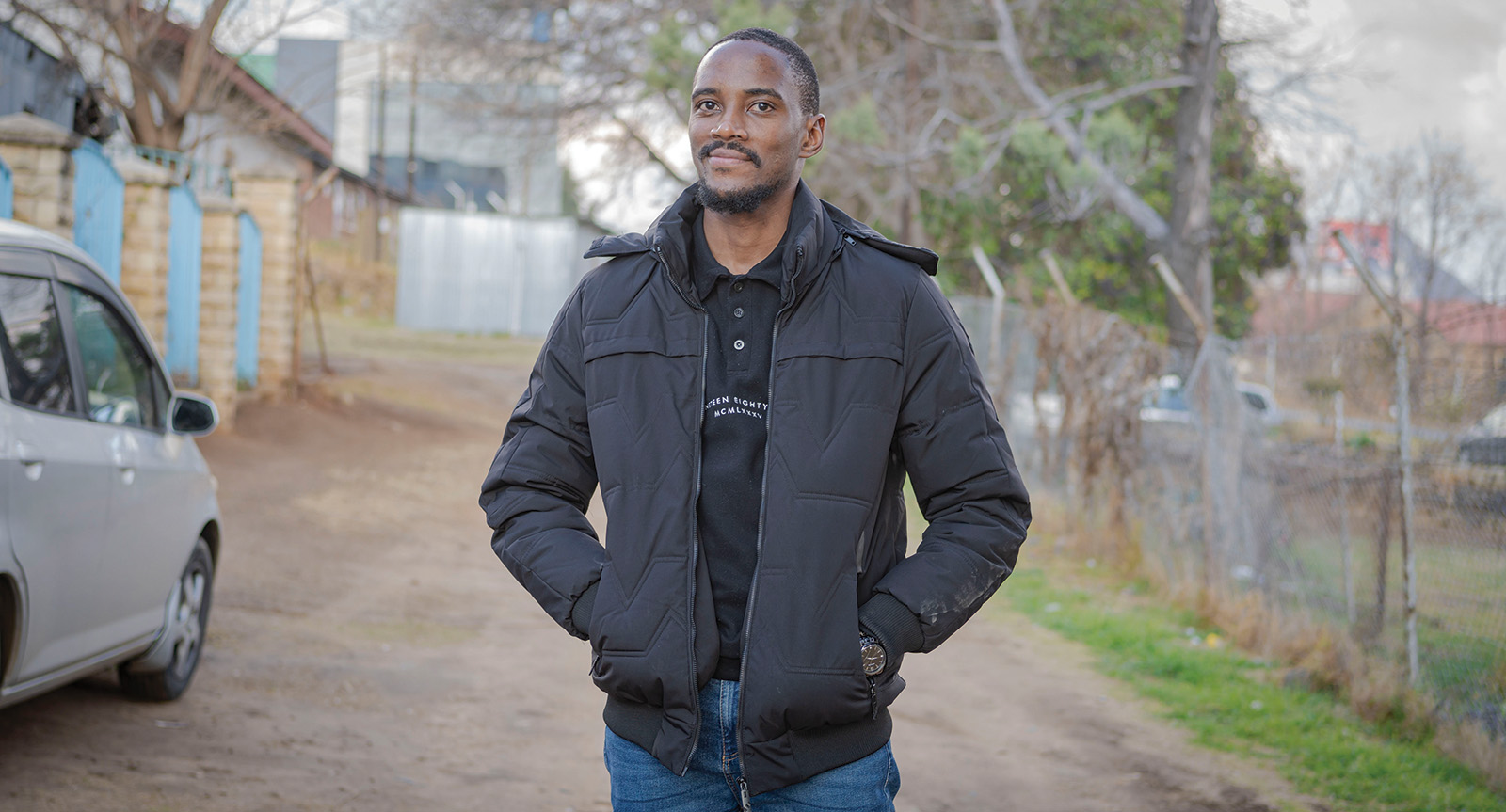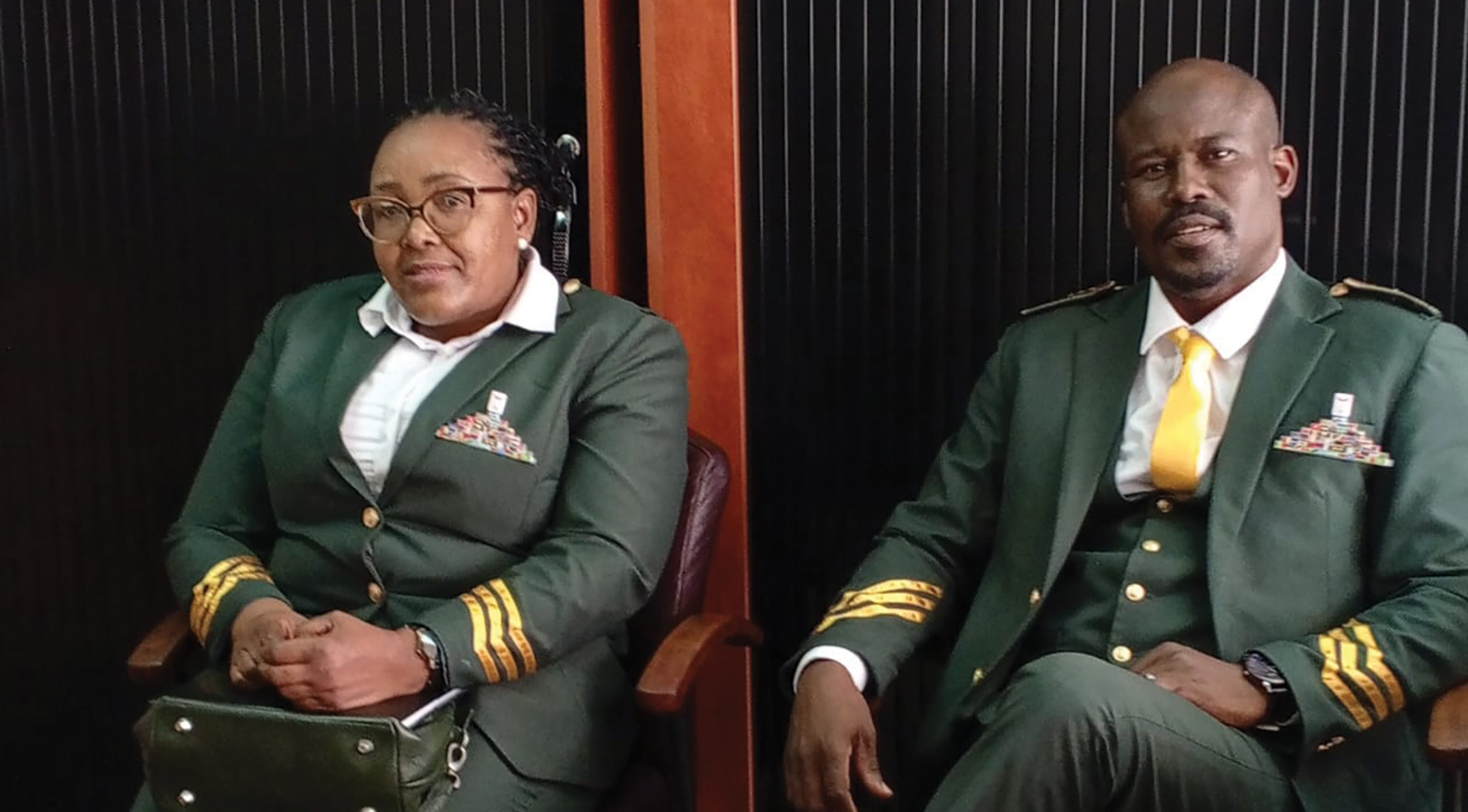New genetics hub poised to boost Lesotho’s beef industry

SHARE THIS PAGE!
Lesotho is set for a major transformation in its red meat industry, thanks to a bold initiative aimed at improving livestock genetics and expanding beef production for both local consumption and international markets.
This breakthrough will be driven by the establishment of the Ramsem–Absolute Genetics Semen Centre, a franchised facility owned by Phallo Beef Limited and the Thabeng ea Senai Breeders Community (TSBC). Located at Ha Sebolai in Mokhethoaneng, the centre is expected to be operational by the end of 2025.
The centre will offer a wide range of locally and internationally sourced genetics, including semen and embryos, to raise the quality of livestock across the country. With growing demand for red meat imports from countries such as Russia, the UAE, and Brazil, the facility aims to position Lesotho as a key player in the global beef market.
Speaking at a sod-turning ceremony held last week in Mokhethoaneng, Dr. Fanie Steyn, Managing Director of Ramsem/Absolute Genetics, announced the introduction of mobile semen laboratories to accelerate livestock upgrading.
“This semen centre will be instrumental in designing and developing Lesotho’s red meat industry,” said Dr. Steyn. “It will help produce high-grade cattle breeds like Bosmara, Bykan, Beefmaster, Draughtmaster, Wagyu, Angus, Brangus, and Drakensberger.”
The project has already received international recognition. The World Trade Organization awarded it the prestigious Signage Award, acknowledging its economic potential even before its official launch.
At the heart of the initiative is local youth entrepreneur Sebabatso Makoanyane, founder of Phallo Beef Limited and president of TSBC – a public company owned by cattle farmers across Lesotho.
Makoanyane has spent years mobilising communities across the country – from Sehlabathebe to Metolong – encouraging farmers to adopt modern breeding practices. “If we can reduce the M1.5 billion spent annually on importing South African red meat, we can truly change the lives of our people,” he said.
He also emphasised the need to shift from traditional cattle breeds to high-performance beef breeds. “To control red meat production, we must start by changing the type of cattle Basotho raise,” Makoanyane added, expressing gratitude to those who believed in the project before it materialised.
TSBC has since acquired Absolute Genetics and will begin construction of the genetics facility.
Local academic support for the project includes Setsumi Molapo, a lecturer in the Department of Animal Science at the National University of Lesotho (NUL). Molapo noted Lesotho’s high-altitude, disease-resistant environment as ideal for livestock development. He also called for local training in artificial insemination to retain skills within the country.
“Let our students contribute to the practice of artificial insemination; this is a legacy we can own,” he said.
Mokhethoaneng will serve as the pilot site for red meat production, with NUL nutrition experts supporting the training of farmers in animal feed production.
The Chief Animal Production Officer in the Ministry of Agriculture, Molefi Petlane, said the government had long realised the economic drain caused by red meat imports. “Millions are spent annually on importing beef and mutton. That’s why agriculture has been prioritised under the National Strategic Development Plan,” he explained.
Petlane said the ministry has now allocated significant funding to livestock development — not only for cattle, but also for fish, poultry, wool, and mohair. “We’re advising and supporting cattle farmers so that Lesotho can reduce its dependence on imported meat,” he added.
Minister of Agriculture and Food Security, Thabo Mofosi, pledged continued government support for Makoanyane and similar initiatives. He echoed the government’s vision of enabling entrepreneurs to thrive.
“The government does not create businesses, but it must create conditions for businesses to flourish,” Mofosi said. He stressed the urgent need for the Animal Health and Welfare Bill, which would streamline the importation of veterinary medicines and align Lesotho with international food safety standards.
“Without such laws, we cannot qualify for global markets. Food safety and animal health are paramount,” he said.
Phallo Beef Limited aims to revolutionise beef production in Lesotho by delivering Grade A and B beef – a major upgrade from the country’s current Grade C standard.
Lesotho’s beef production is relatively small on a global scale, with a recent focus on improving quality and local production. While cattle are a traditional part of the Lesotho economy, the industry faces challenges such as overstocking and limited commercialisation.
However, initiatives like Phallo Beef Limited are working to increase local, high-quality beef production and reduce reliance on foreign imports. Phallo Beef Limited aims to produce A and B grade beef, significantly improving on the current grade C standard, and reduce reliance on imports.
In 2022, Lesotho’s cattle meat production was 1.25 kilotonnes, ranking 157th out of 167 countries.
A significant portion of cattle sales occur through informal channels, with butchers playing a key role in formal markets, purchasing from producers, feedlots, and South African suppliers.
The Lesotho government is actively working to improve beef production, with a focus on higher quality and local production. The government and Phallo Beef Limited are working to create a more robust beef industry through initiatives like artificial insemination and farmer training.
Generally, Lesotho’s cattle farming sector faces a multitude of challenges, including limited grazing land due to overgrazing, water scarcity, livestock diseases, stock theft and the impacts of climate change. These issues are compounded by inadequate veterinary services, a reliance on imports for meat, and the need for improved livestock management practices.


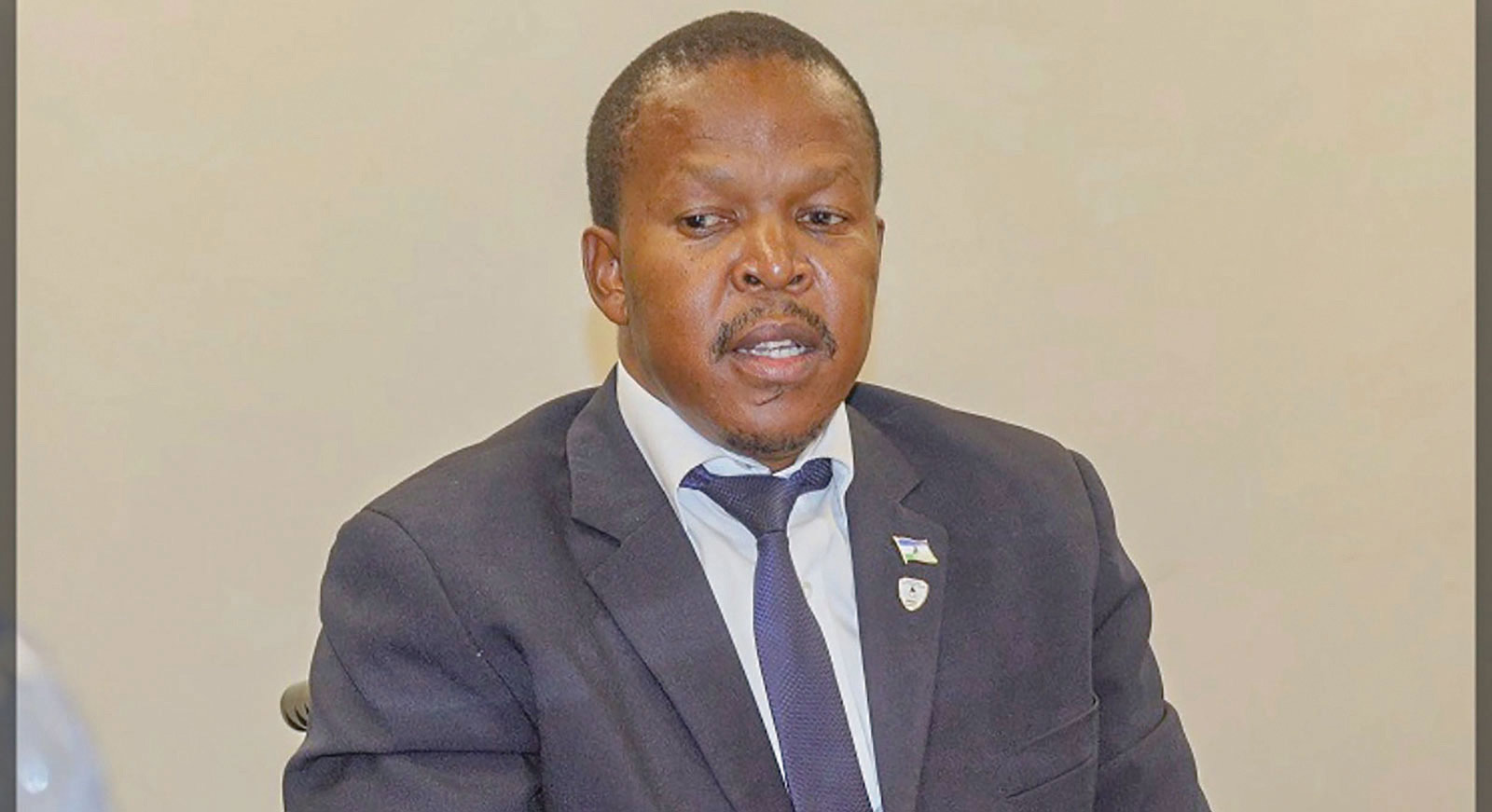
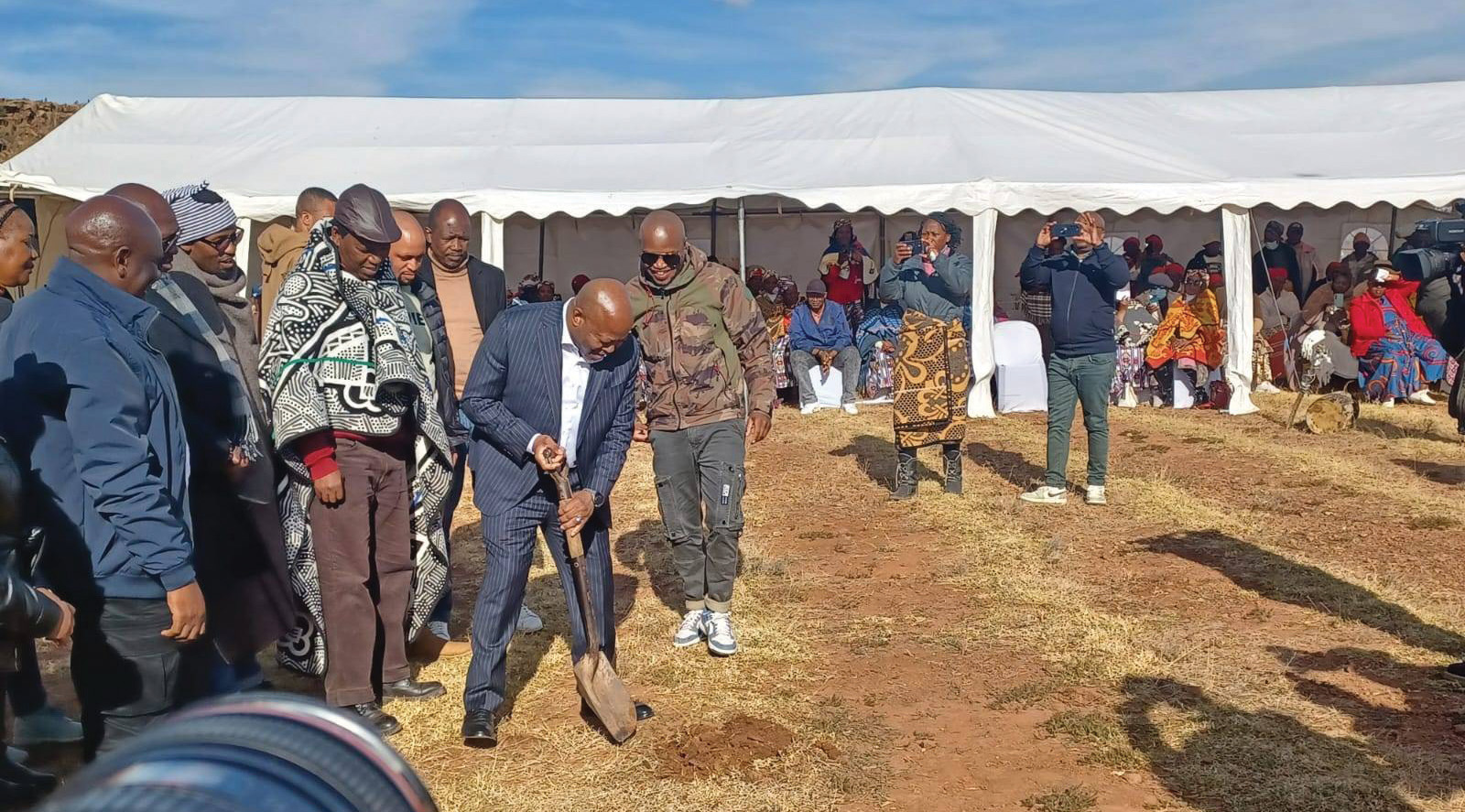

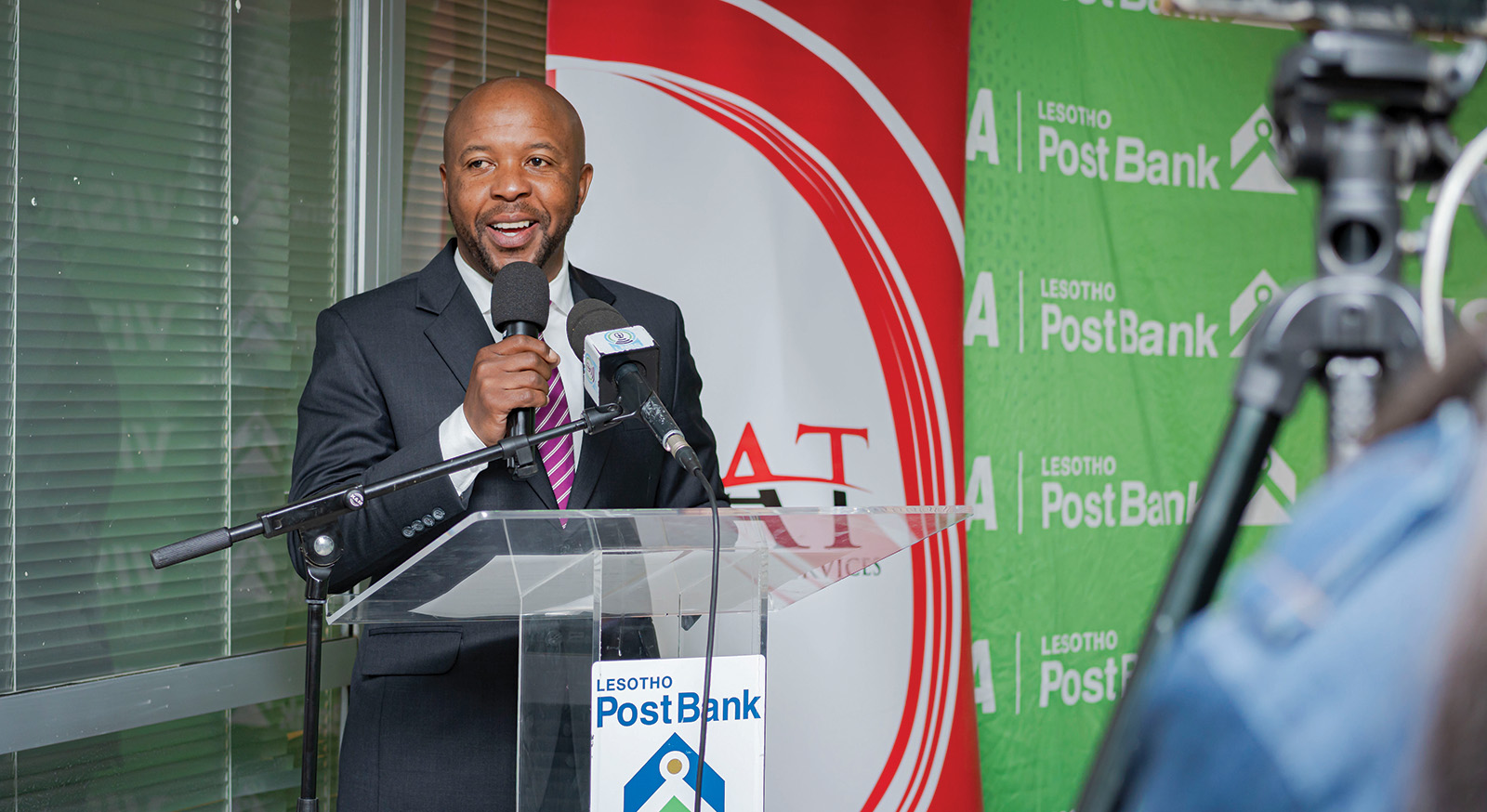

Crusher dust dispute heats up in Matala court
10 days ago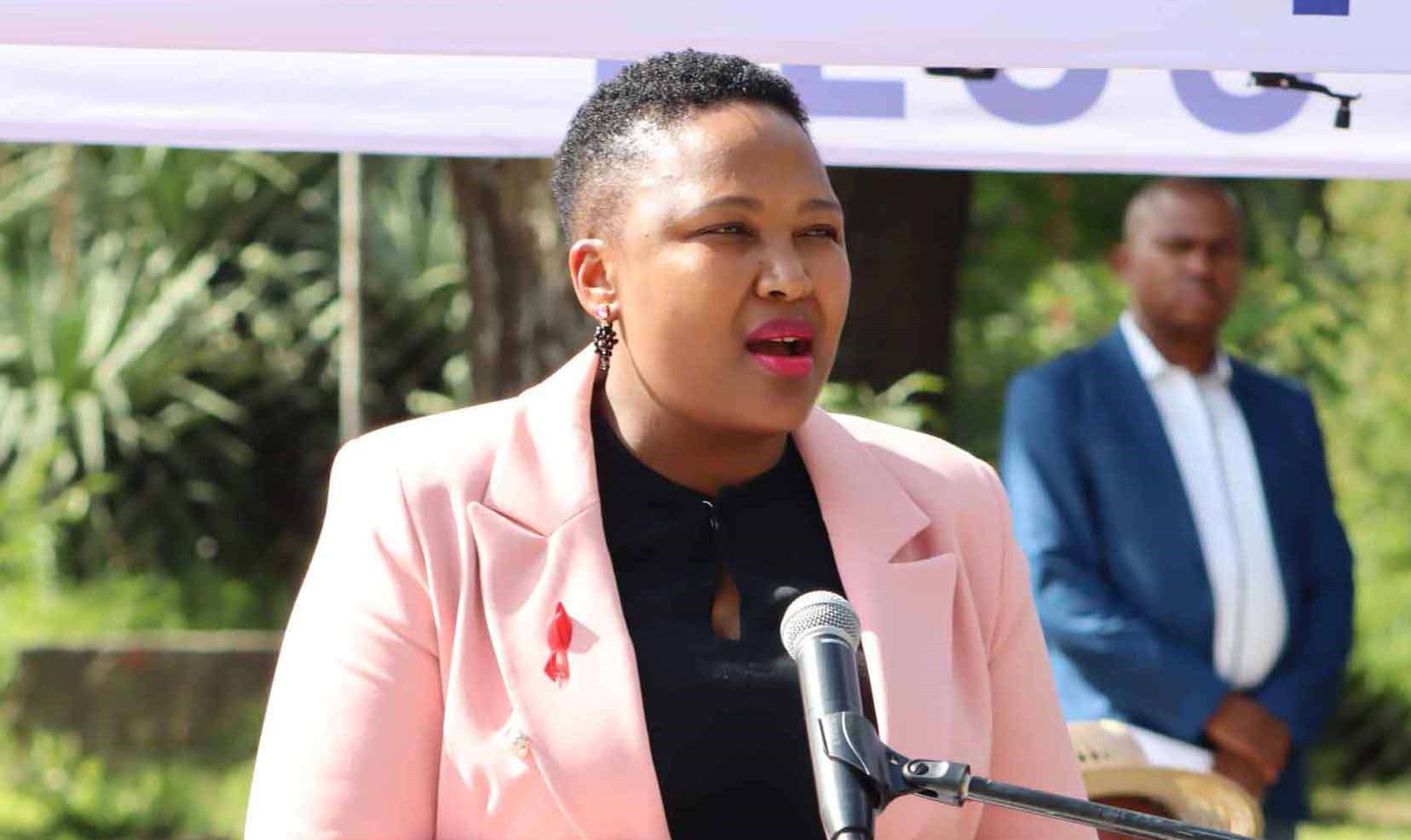
Youth media drive hits Botha Bothe
10 days ago